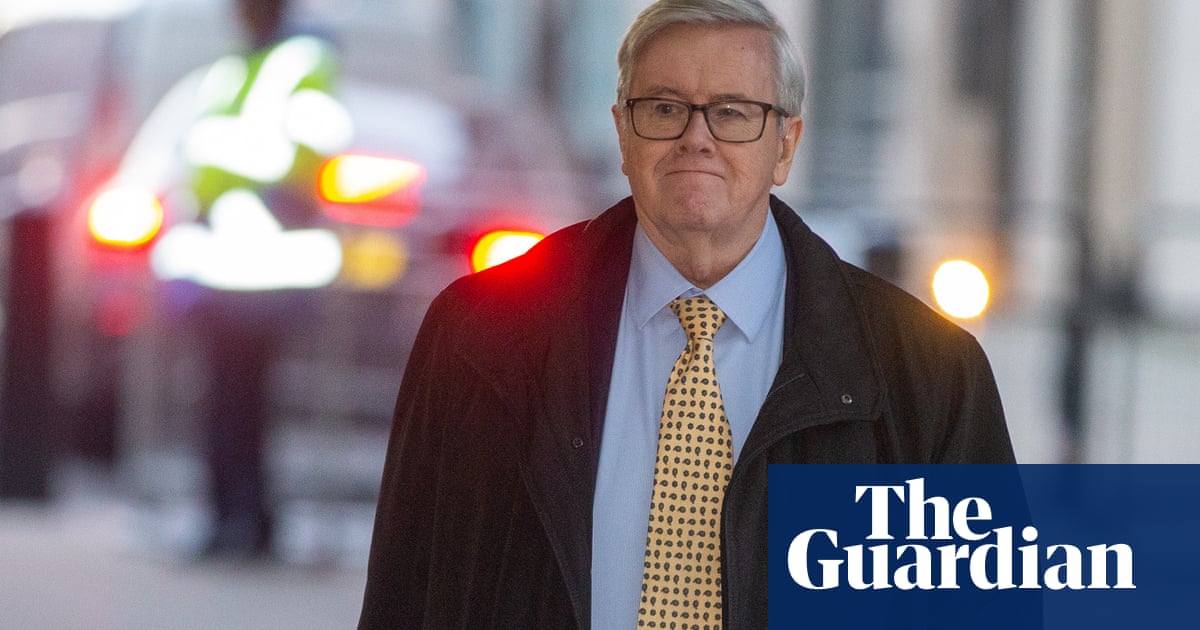
Dido Harding has announced that she is stepping down as chair of NHS Improvement in October, bringing to an end a tenure during which she often hit the headlines for the wrong reasons.
The Tory peer’s resignation comes shortly after she was unsuccessful in a bid to be the next chief executive of NHS England, amid controversy over her potential appointment.
The former TalkTalk boss became chair of NHS Improvement in October 2017 but her public profile soared during the coronavirus pandemic when she was made executive chair of the government’s test and trace programme for England in May last year, a position she held until April.
The £37bn scheme was supposed to be a key plank in the fight against Covid but a report by parliament’s spending watchdog, published in May, found no evidence it had contributed to a reduction in Covid infection levels. Last year, Sage, the government’s scientific advisory body, warned test and trace was having “only a marginal impact on transmission”.
There was also controversy over the choice of Harding to lead it. The not-for-profit Good Law Project and the race equality thinktank the Runnymede Trust have won permission for a legal challenge to Harding’s appointment and are awaiting a court date. They allege that she was appointed in part because of her Tory connections, with the position not having been advertised or subject to open competition in the manner normally insisted on for important public sector roles.
Harding, who is married to John Penrose, a Tory MP and former minister, was appointed by the then health secretary, Matt Hancock, whom she knew and with whom she shares a love of horse racing.
She was made a peer in 2014 by David Cameron, whom she counts as a good friend. Before joining NHS Improvement, her career highlights were in the private sector, where she worked in management for Sainsbury’s and Tesco before becoming boss of TalkTalk.
A year after becoming Lady Harding, she was at the eye of the storm in the TalkTalk hacking scandal in which the details of 156,959 customers – including names, emails and phone numbers – and 15,000 bank account numbers were accessed by hackers with the company receiving a record £400,000 fine from the information commissioner.
Harding, whose departure from NHS Improvement was first reported by the Health Service Journal, defended the performance of test and trace as she threw her hat into the ring for the next head of NHS England. She said Covid testing was “the envy of the world” and that the main issue was that “expectations were set too high”. She attracted more headlines over reports that, as part of her pitch for the job, she had pledged to stop relying on overseas-born doctors and nurses and train British-born replacements instead. Coming after a traumatic period for NHS staff – 14% of whom were born overseas – fighting Covid, it did not go down well in some quarters.
In August last year, already under fire over the performance of test and trace, Harding, again without open competition, was appointed to lead the new health body the National Institute for Health Protection, which was to be formed as result of a merger between Public Health England and NHS test-and-trace.
Commenting on that appointment, Dr Michael Head, a senior research fellow in global health at the University of Southampton, said at the time that it “makes about as much sense as [chief medical officer] Chris Whitty being appointed the Vodafone head of branding and corporate image”.












